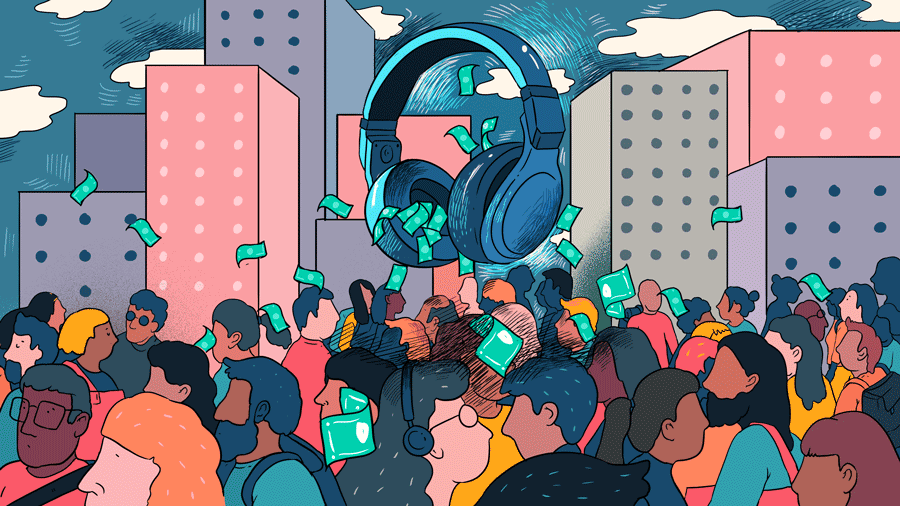Morning Report: I suppose it was silly to expect Spotify to give up anything real in its public debut.
Spotify will allow its executives to maintain control of the company, even after its shares begin to publicly trade, according to Bloomberg. As you already guessed, this choice is powered by multi-class shares with differing voting rights.
Follow Crunchbase News on Twitter & Facebook
It’s like stuffing the ballot box, but you designed the ballot box and don’t listen to critiques of the design as you are a bit busy being a monarch.
The move follows recent debuts like Snap’s own, which offered shares in its IPO with no voting rights whatsoever. (Forget stuffing the ballot box, that’s deleting the voting process.) Large indices have taken aim at the method by which some companies retain hugely concentrated power in the hands of founders or small groups of executives. The SEC has also taken note of the trend.
If you think that there is little wisdom in active shareholders and instead view founders as little less than deities, I suppose it can make some sense to presume founders are, in fact, the best choice in a leader. (At this point, words like “Theranos” and “Hampton Creek” should be thundering through your head. Also, Snap, in an explosion of fiscal restraint, managed to lose $349.977 million last quarter off revenue of $285.693 million. Feel free to register your discontent by employing your non-voting share rights.) But unlimited founder control at later stages of corporate maturity isn’t always the best choice; however, the trend remains.
Looking to Spotify, the music streaming company is already working hard to not go public like a normal company. It is opting for a direct listing that won’t see it offer new shares to the public. As such, it’s not an initial public offering.
All of this smacks a bit of arrogance, misplaced or not. But it is also a useful exercise. I think that I now better understand why some unicorns are loath to go public. It’s not merely that they are sometimes financial trainwrecks. And it’s not merely that skeptical public investors prefer things like positive cash flow to whatever this bullshit is. It’s probably about control.
The massive cannons of cash that exist for late-stage private companies have allowed these firms to over-mature while private, making the process of going public seem like an unfair ask: You want us to let some other people set a price for our shares, take a greenshoe option in case we do well, and take fees along the way? And then the new shareholders will get to vote? And perhaps have input on what we do?
The horror.
Of course, dual-class share companies have to deal with exclusion from indices, as we discussed. But in the case of Spotify, that might not matter as much as we’d think. Crunchbase News’ favorite human Matt Levine summarized the situation in his newsletter this morning:

2018.
Illustration: Li-Anne Dias

Stay up to date with recent funding rounds, acquisitions, and more with the Crunchbase Daily.











67.1K Followers